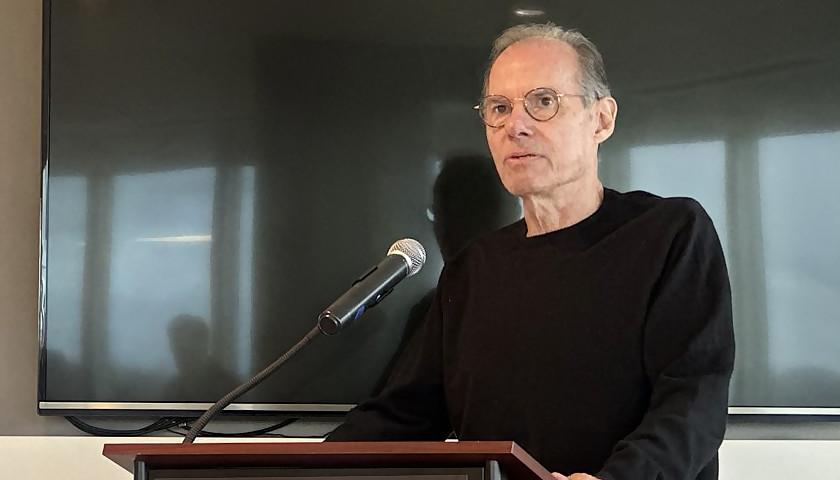by John Palomino
Wells Fargo, one of the largest banks in the United States is facing a lawsuit from its Hispanic employees that accuses the centuries old bank of engaging in predatory lending practices against customers of the same ethnic origin.
The lawsuit, filed June 30 in a Texas federal court, accuses Wells Fargo of pressuring Hispanic employees in San Antonio to redirect Latino customers away from home equity lines of credit to more expensive but profitable refinancing options without furnishing the usual disclosures, according to a complaint filed in court.
The lawsuit was filed by Lawrence Morales II, an Alamo City attorney who is board certified by the Texas Board of Legal Specialization in labor and employment law practices. He has a long history of engaging in complex business litigation suits.
The allegations come from bilingual Hispanic staff members, many of which are on the bank’s mortgage sales team who allege Hispanic customers were redirected from home equity lines of credit and targeted with predatory lending practices.
The class action lawsuit filed against the bank alleges it intentionally redirected Hispanic customers away from printed loan documents in Spanish, and alleges the bank prohibited its bilingual employees from joining a pilot program that guaranteed commission to English-speaking mortgage consultants, regardless of their sales success.
“Customers sometimes call into the bilingual team months after closing a refinance cash out, surprised to discover they have been charged substantial closing costs,” according to the complaint. “Nevertheless, management instructs the bilingual team, ‘ Don’t mention cash out.'”
The complaint has been filed as a proposed class action lawsuit on behalf of more than 20 Spanish speaking mortgage sales consultants who were “of Hispanic ethnicity or from Mexico or other Central and South American countries.”
The bank has since denied the claims, saying the allegations “misrepresent the conversations our home mortgage consultants are having with our customers to best meet their mortgage needs.”
In an emailed statement published by Bloomberg, Tom Goyda, the bank’s senior vice-president for consumer-lending communications, struggled to explain the circumstances.
“Higher costs related to cash-out conforming refinances compared with rare-term refinances are tied to pricing driven by the Government Sponsored Enterprises, which we didn’t control,” he wrote in the statement.
“We look forward to presenting the facts of this situation, which reflect Wells Fargo’s significant and long term commitment to diversity, equity and inclusion.”
Goyda’s statement did not respond to claims that Hispanic workers were blocked from the bank’s pilot program.
“Wells Fargo’s pattern of law violations has harmed millions of American families,” said Rohit Chopra, director of the Consumer Financial Protection Bureau (CFPB), according to local reports.
The recent lawsuit adds to the bank’s past scrutiny of mortgage lending practices.
Just last month, the bank, which services 70 million clients in 35 countries paid $1 billion to shareholders who alleged it made misleading statements about its compliance with U.S. regulators.
In December it paid a $3.7 billion settlement amid allegations it charged illegal fees and interest on home and car loans.
Last year, Bloomberg published an analysis of federal mortgage data, which found the bank approved 47 percent of refinance applications from Black homeowners in 2020 and 72 percent from White borrowers.
That gap was narrowed 4 points in 2021 with an 11 percent increase in loans to Black borrowers at 58 percent as loans to Whites increased just 7 percent to 79 percent. Lawyers representing Wells Fargo and the plaintiffs have said it will try to mediate past lawsuits alleging discrimination against Black homeowners.
– – –
As an enterprise reporter for ADN America, John Palomino’s coverage is wide-ranging and includes culture, politics, and Latin American affairs.
Photo “Wells Fargo Bank” by MiosotisJade CC4.0









Bad Optics WF bad optics
We entered a WF Bank three days ago and witnessed their financial consultant speaking Spanish with a customer for some twenty minutes, taking infinite pains. We were impressed by their degree of accommodation to speakers of Spanish. Let us not forget that any bank is wise to grant loans not based on race or ethnicity, but upon the ability and likelihood of a client to repay the loan.